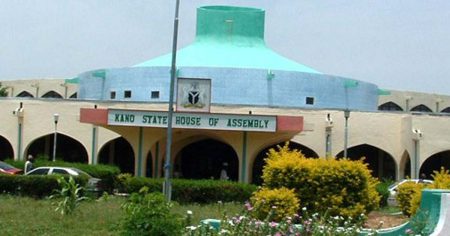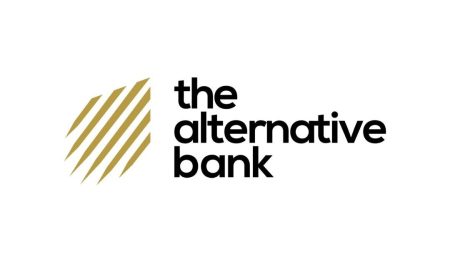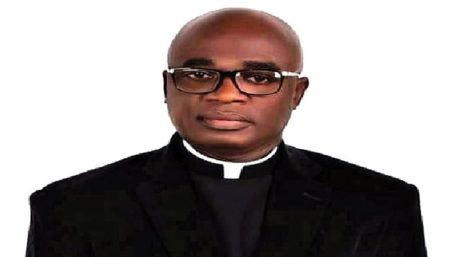Taiwo Oyedele, the Chairman of the Presidential Fiscal Policy and Tax Reforms Committee, has emphasized the crucial need to incorporate local government accountability into Nigeria’s ongoing tax reforms. Speaking at the Lagos Chamber of Commerce and Industry, Oyedele highlighted the pervasive issue of multiple taxation often perpetrated by local governments, coupled with a severe lack of transparency in their revenue management. He underscored the paltry sum of N15 billion reported as collected taxes by all local governments in 2023, a figure he deemed ridiculously low, suggesting it should represent the revenue of just a few, rather than all 774, local governments. He questioned the effectiveness of local government autonomy, arguing that simply transferring financial control without accompanying accountability mechanisms does not address the root problem of mismanagement. The absence of publicly available budgets or audited accounts further underscores this lack of transparency and accountability. Oyedele advocates for mandatory publication of budgets, audited accounts, and data on infrastructure and service delivery by local governments, emphasizing the importance of data-driven governance.
Oyedele stressed the need for data-driven governance at the local level. He proposed that local governments should collect and publish data on critical infrastructure and service delivery metrics, such as the condition of roads, access to clean water, and the number of homeless individuals. This data, he argues, should then be used to inform planning, budgeting, and spending decisions. By making this information publicly available, citizens can hold their local governments accountable for their performance. He criticized the current practice where minimal, often substandard, infrastructure projects are touted as significant achievements, urging a shift towards a more comprehensive and data-driven approach to local governance. Oyedele revealed that the committee is collaborating with the National Assembly to enshrine these responsibilities in the Constitution, ensuring that local governments are aware of and fulfill their obligations to provide essential services to their communities.
The committee’s broader tax reform efforts encompass a range of initiatives, some of which are yet to be publicly disclosed. Oyedele mentioned ongoing engagements with the National Assembly and plans to present proposals to the President. He highlighted the strategic timing of these engagements, particularly after elections, to foster objectivity among lawmakers. The establishment of a tax ombudsman, reporting to the National Assembly and the public through quarterly online reports, is also a key component of the reforms. This ombudsman will have a central office in Abuja and eventually expand to have a presence in every state, ensuring accessibility and responsiveness to citizen concerns.
Public engagement is another critical aspect of the reform agenda. The committee plans to establish multilingual call centres, enabling citizens to communicate in their native languages. Furthermore, tax information will be translated into various Nigerian languages, including Yoruba, Hausa, Igbo, and Pidgin, and made available in audio format, ensuring accessibility even for those who are illiterate. This commitment to inclusivity aims to broaden public understanding of tax policies and encourage greater participation in the tax system. The integration of Artificial Intelligence is also being explored to enhance interaction with tax information.
Addressing the complex issue of informal tax agents, often referred to as “agberos,” Oyedele acknowledged the challenges involved. He outlined plans to formalize their activities through collaboration with state and local governments. This formalization process will involve training these agents, transitioning them away from cash collections, ensuring they operate within a structured system, and providing regular salaries. This strategy aims to curb the often-abusive practices associated with informal tax collection and integrate these agents into a more regulated and transparent system.
Concerning tax incentives, Oyedele announced the replacement of the Pioneer Status Incentive with the Economic Development Incentive. Existing beneficiaries of the Pioneer Status Incentive can continue to benefit until December 1, 2025, after which they will have to choose between the two. The new Economic Development Incentive offers greater clarity in terms of eligibility, sunset clauses, and investment validation, with potential exemptions for up to 10 years. It covers all key sectors and provides tax credits based on verified investment levels, promoting a more competitive and transparent incentive regime.
The anticipated outcomes of these tax reforms are multifaceted, targeting benefits for businesses, households, and the government. For businesses, the reforms aim to reduce business risks, eliminate the minimum tax on capital, provide greater certainty in tax treatment through statutory tax rulings and clear limitation periods, and lower the overall tax burden through reduced rates, harmonized taxes, and an easier withholding tax regime. Faster tax refunds, access to input VAT credits, research and development tax reliefs, and a more competitive tax environment are also anticipated benefits for businesses.
For households, the reforms are designed to provide economic relief through wage awards, transport subsidies, and tax waivers on essential goods like food imports and fuel products. The overall tax burden on households is expected to decrease through exemptions for low-income earners, reduced rates for the middle class, and broader VAT exemptions. Additionally, the reforms aim to create opportunities for small businesses and startups, support remote work, and introduce tax breaks for investment income.
The government expects the reforms to stimulate economic growth, stabilize the macroeconomic environment, improve Nigeria’s credit rating, and lower fiscal deficits and debt servicing costs. Increased non-oil revenue, a higher tax-to-GDP ratio, and greater fiscal sustainability through improved efficiency, optimization, and harmonization of taxes across all levels of government are also key objectives. Oyedele reiterated that the essence of tax reform extends beyond revenue generation, encompassing trust-building, data utilization, and transparency to enhance governance effectiveness at all levels, particularly at the local government level, where, he emphasized, the true impact of governance is most directly felt by the citizens.














